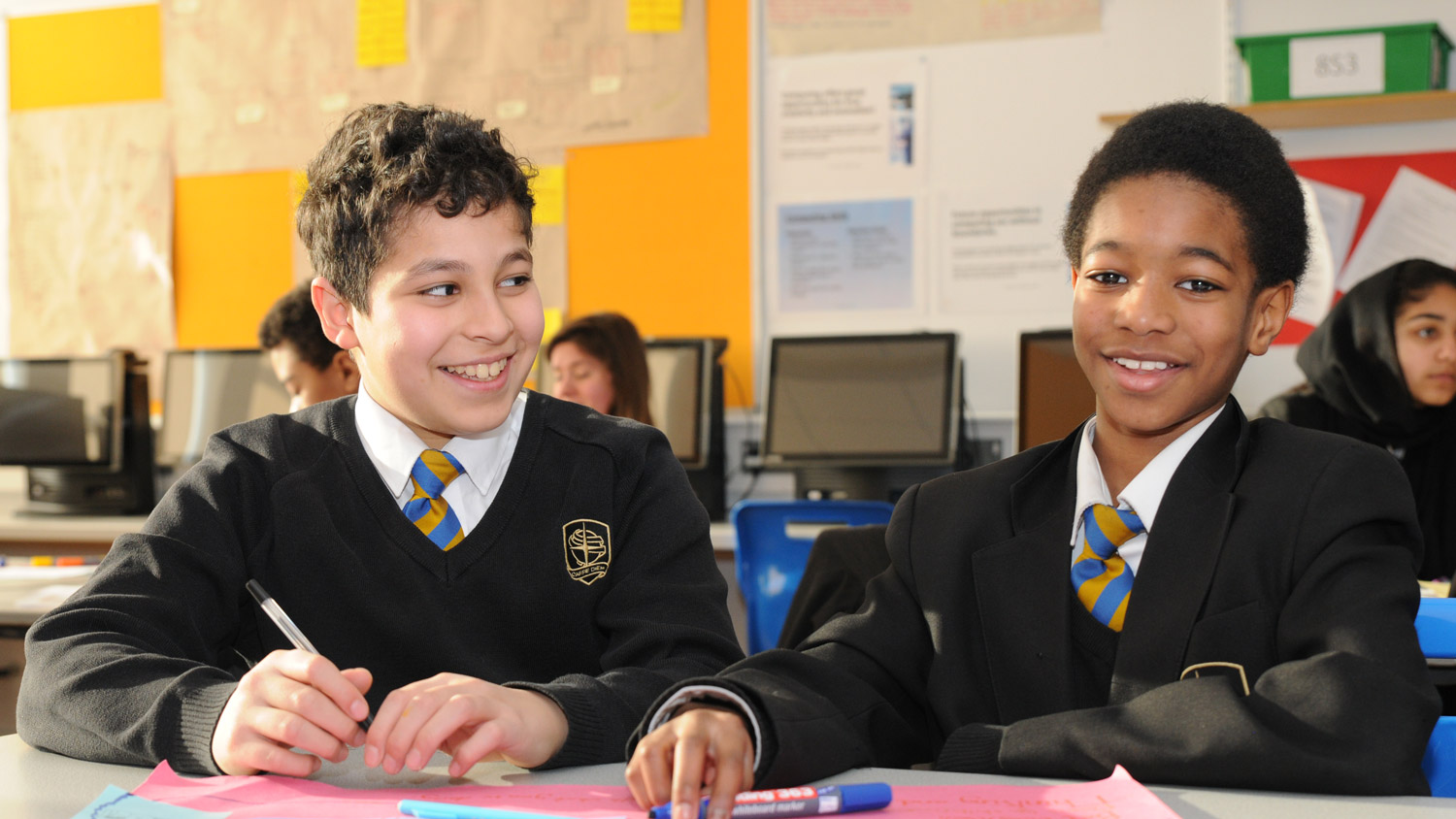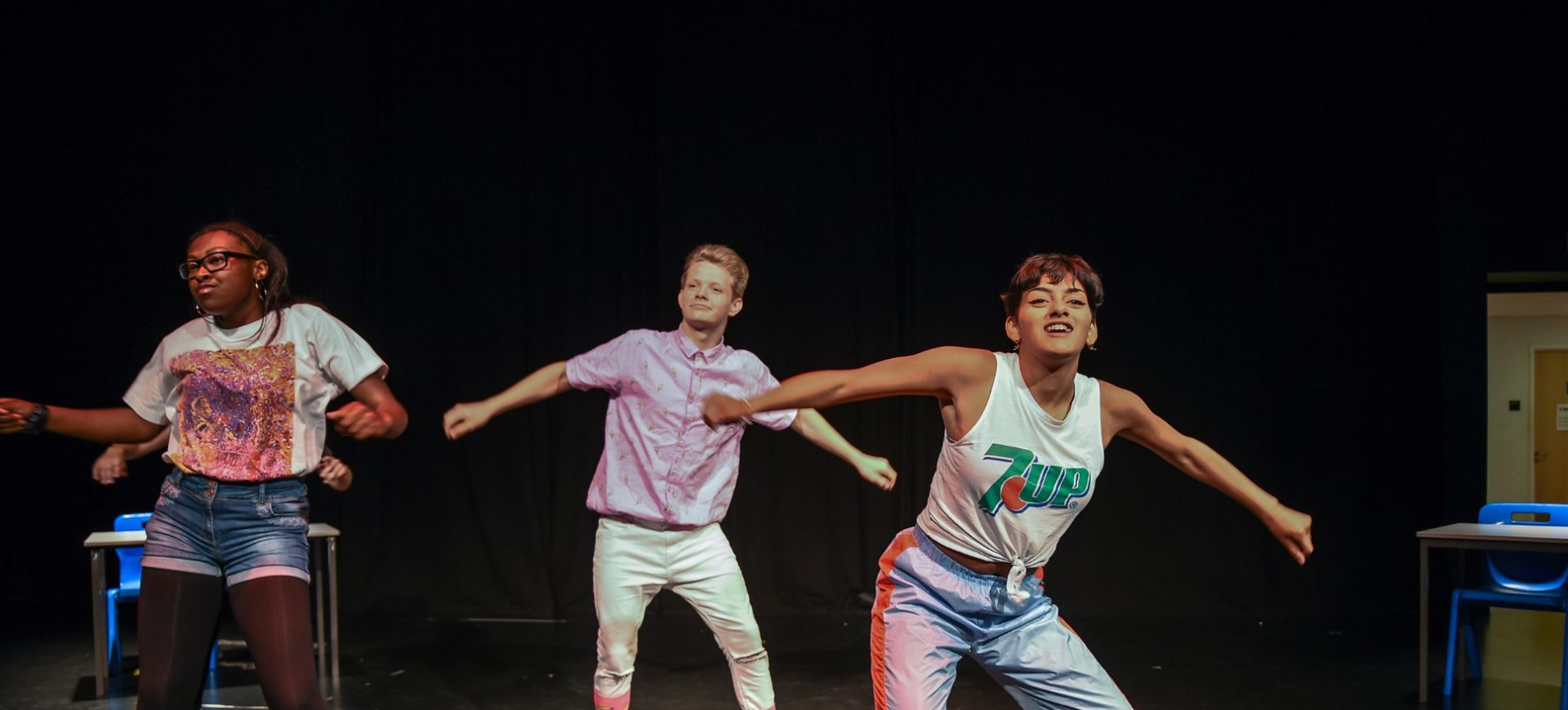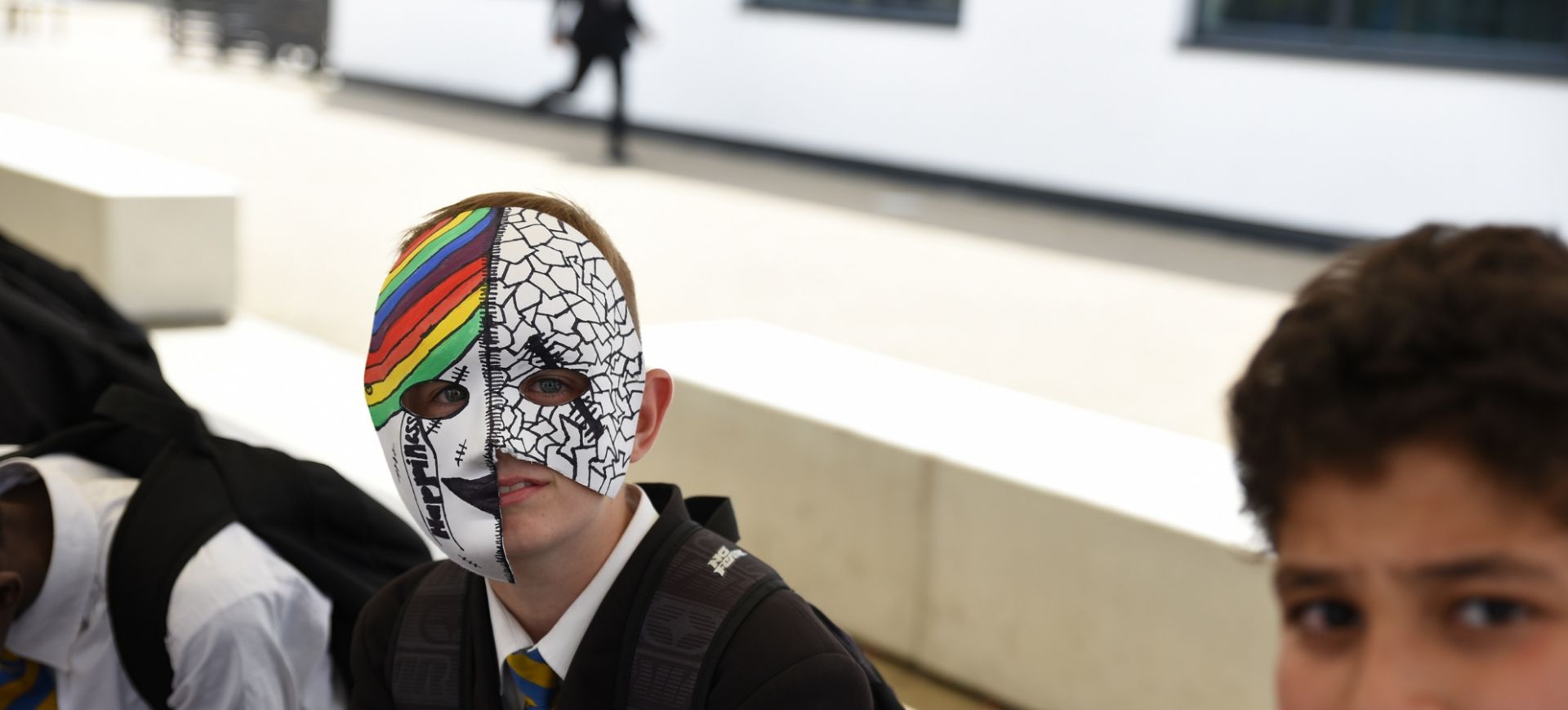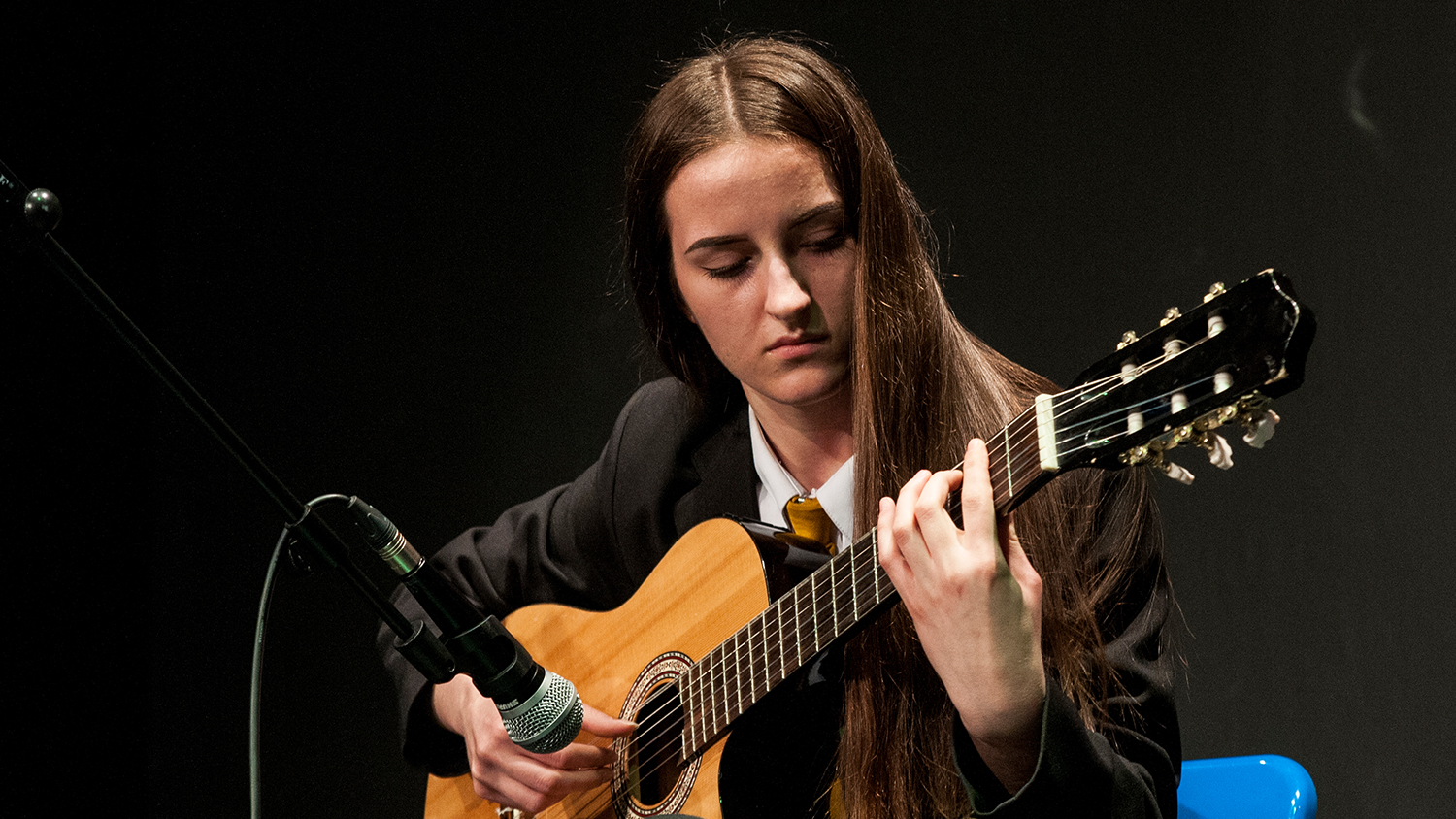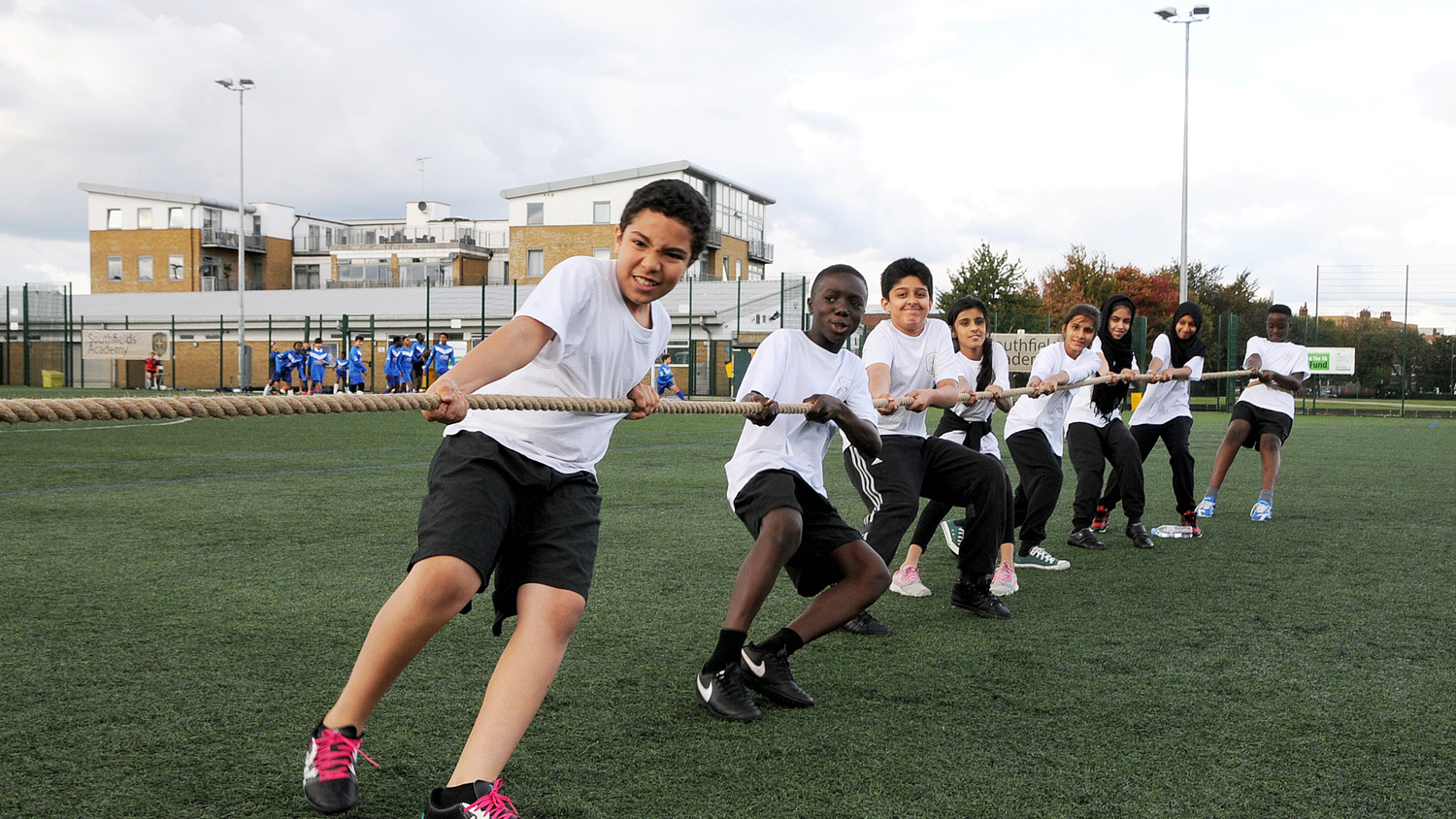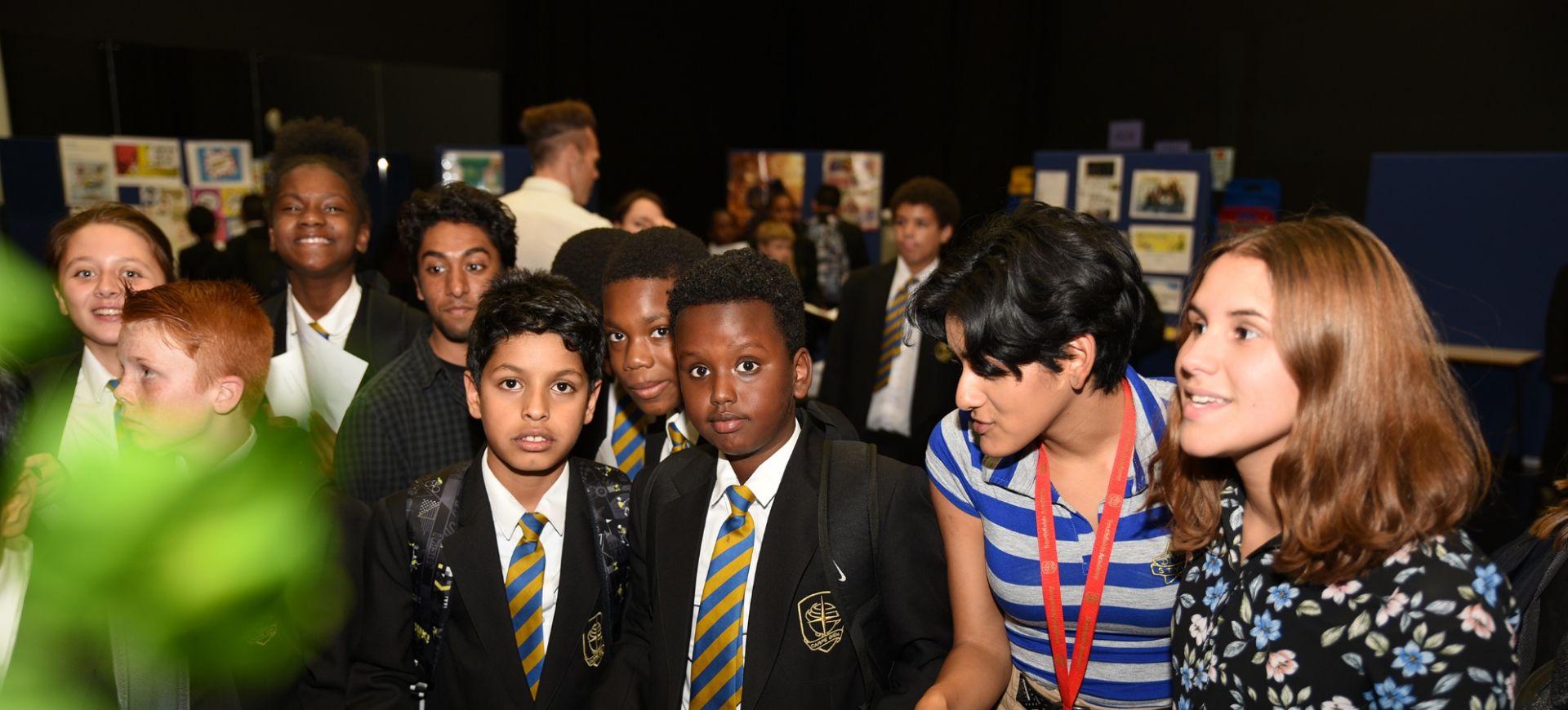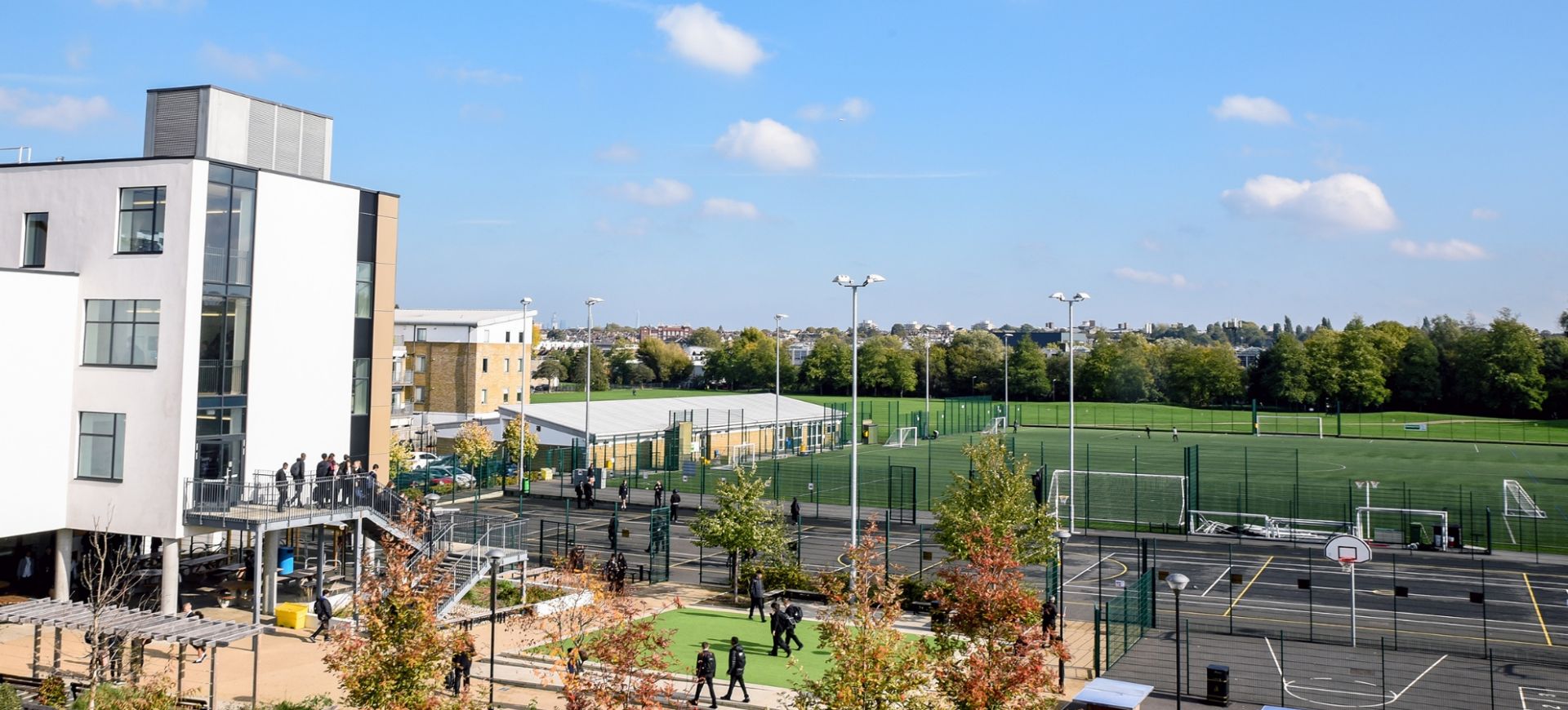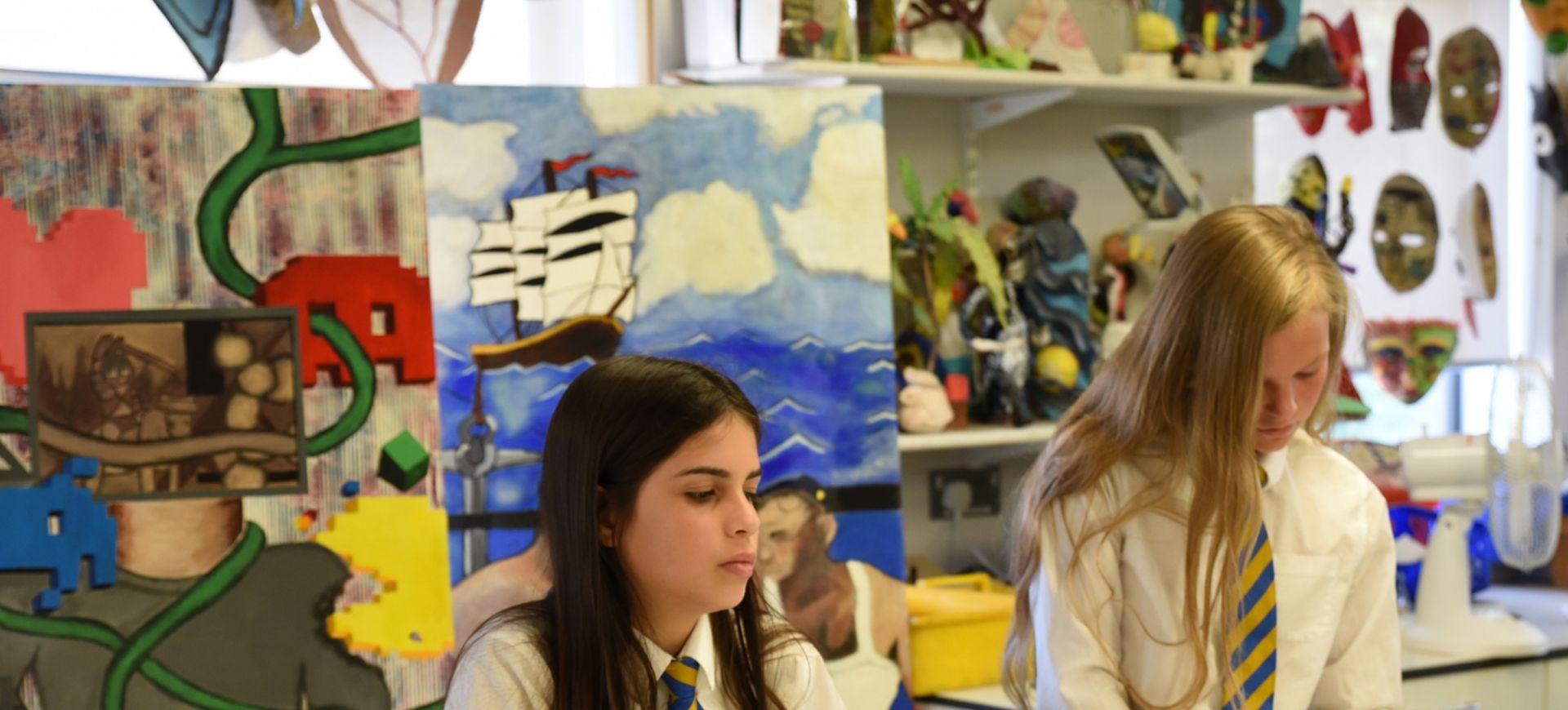Citizenship, Psychology & Sociology
Teacher contact details
| Miss K Clark | kerry.clark@southfieldsacademy.com |
| Mrs J Douglas | judy.douglas@southfieldsacademy.com |
| Ms K Marshall | karen.marshall@southfieldsacademy.com |
| Mr J Millington | jonathan.millington@southfieldsacademy.com |
| Ms J Molloy | jenaya.molloy@southfieldsacademy.com |
| Ms L Olasimbo | latifah.olasimbo@southfieldsacademy.com |
| Mr A Samuels | adrian.samuels@southfieldsacademy.com |
| Ms H Swann | harriet.swann@southfieldsacademy.com |
| Ms A Hine | alice.hine@southfieldsacademy.com |
| Mr T Lamboi | thomas.lamboi@southfieldsacademy.com |
Citizenship
Welcome to Citizenship
Course Leader
Ms H Swann, harriet.swann@southfieldsacademy.com
How does democracy work? How does the justice system work? What power and influence can citizens have? Does the UK have more power and influence in the wider world? All of these topics and many more are explored as part of Citizenship GCSE.
Citizenship is all about how people take an active part in democratic politics and work together for a better society, locally, nationally and globally. Students also get the opportunity to experience taking citizenship action and learn from trying to make a difference themselves.
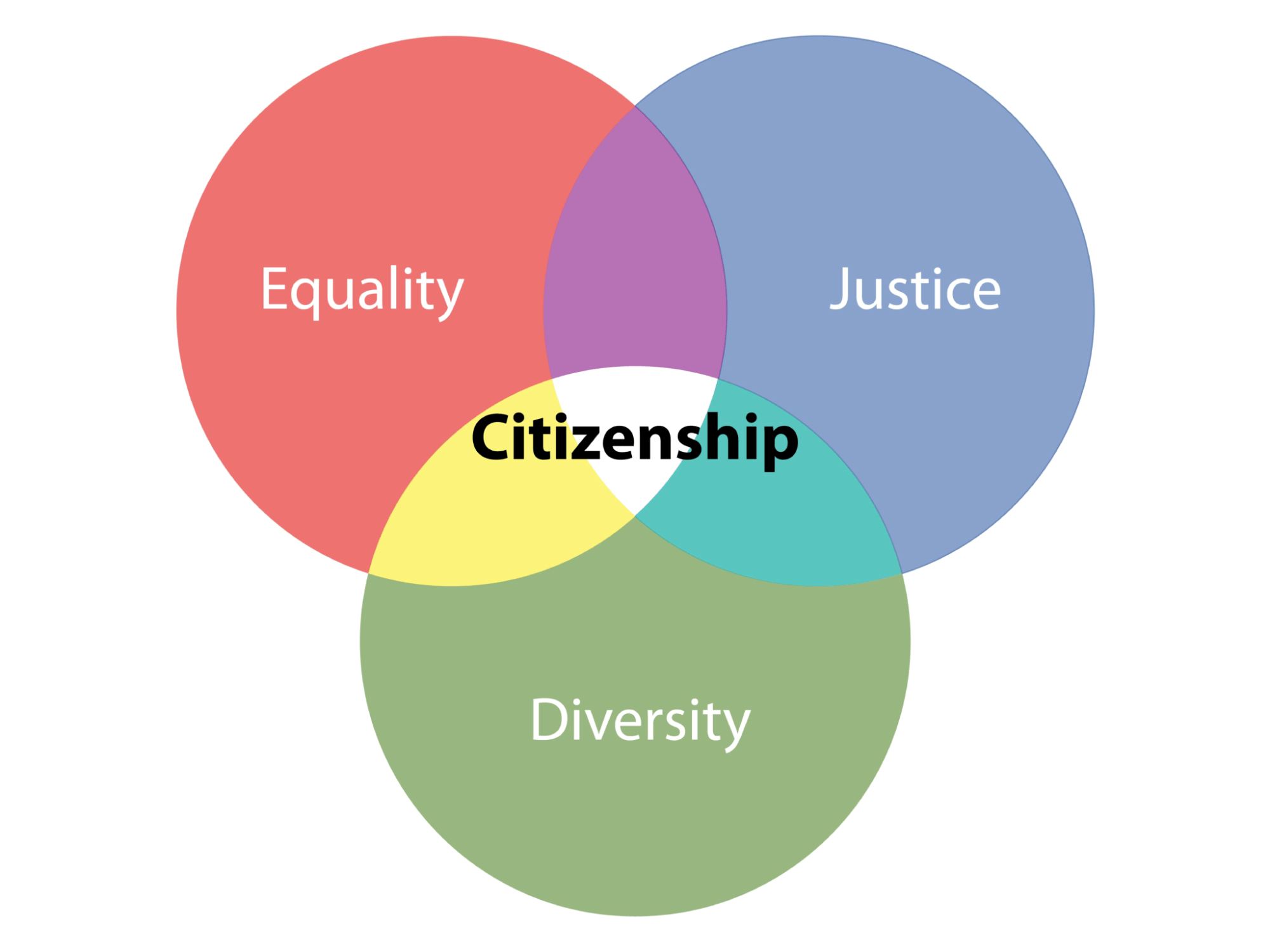
What knowledge and skills will students develop at KS4?
Exam board:
AQA
Specification:
https://cdn.sanity.io/files/p28bar15/green/5c5ca86f585715a081ef61014bf6caf2303ea222.pdf
Reading material:
The course is divided into four sections which are:
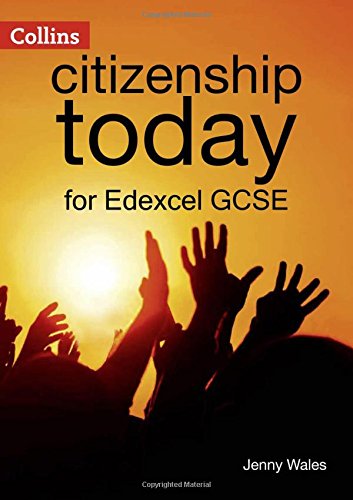 A: Active Citizenship
A: Active Citizenship
B: Politics and Participation
C: Life in Modern Britain
D: Rights and Responsibilities
By the end of the course students will be able to:
- Know and understand what democracy is and how democratic systems of government are different beyond the UK
- Understand the roles and responsibilities of citizens living and working in the UK
- Know and understand how taxes are raised and spent by governments.
- Generate ideas on how to improve communities
The course is assessed through two exams which are 1 hour 45 minutes.
How can you help your child?
The best way to help your child succeed in Citizenship is for them to read the news regularly and engage with any societal issues and current affairs.
How can students extend their thinking and challenge themselves in this subject?
In all of our lessons across social sciences, we explain to students how they can continue to study the topics discussed in more detail at home. The slides posted on our Google Classroom often have further reading includes, or we will post links to academic articles, webinars and films or TV programmes that are relevant. We are enthusiastic about developing all of our students into critical thinkers and so encourage them to research and develop their own opinions on all subject areas.
What are the career opportunities for students that study this subject?
The Citizenship GCSE develops transferrable skills and will prepare your child for further study. Some examples of the skills developed include:
- Becoming an active citizen
- Developing research and investigation skills
- Problem solving
- Analytical skills
- Active decision making
- Making informed decisions
Psychology
Welcome to Psychology
Course Leader
Ms H Swann, harriet.swann@southfieldsacademy.com
Why do some infants communicate more easily than others? What leads to some people having addictive personalities whilst others do not? Why do we dream? Why is it that some people suffer from stress or mental illness? What is knowledge? How do some people learn to read without encountering any difficulties while others struggle?
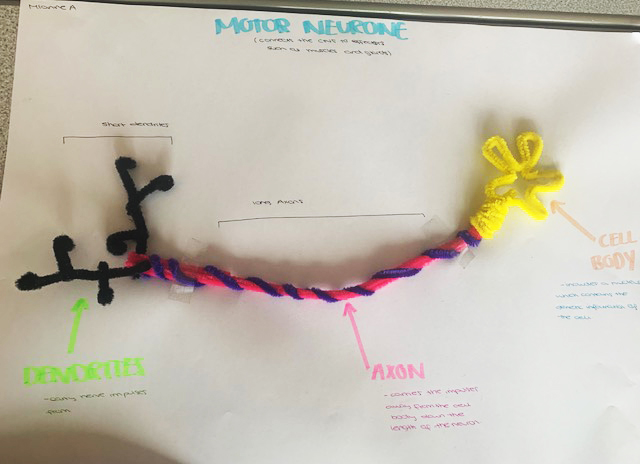
Psychology is a fascinating area of study which allows you to explore and understand human behaviour and mental processes. Psychology is the scientific study of the mind and how it influences our behaviour, communication, memory and more. It’s about understanding how the brain functions and how our knowledge of this can help to address many of the problems and issues in society today.
Studying psychology allows you to research and investigate these key questions and many more.
What knowledge and skills will students develop at KS5?
What will I study?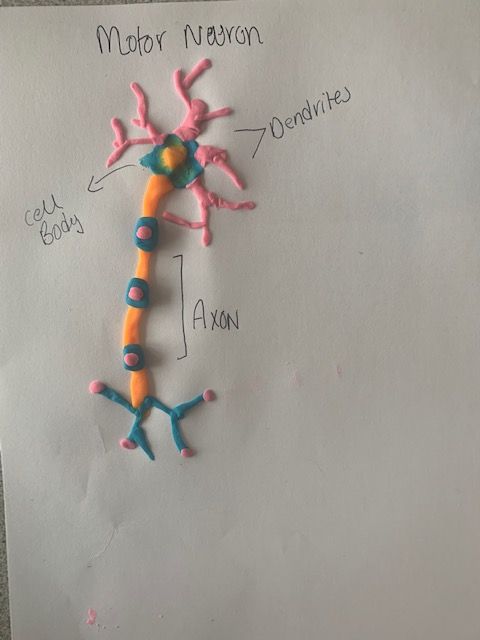
The units that you will study over the two years include:
- Social influence
- Memory
- Attachment
- Approaches in psychology
- Psychopathology
- Research methods
- Relationships
- Schizophrenia
How will I be assessed?
There will be three 2-hour exam papers. Each of the papers will include some multiple choice questions, short mark questions and then some extended writing questions.
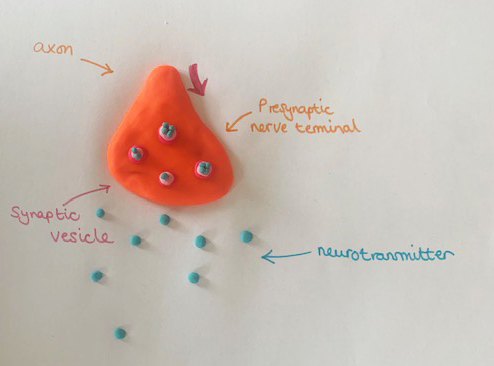 The papers are as follows:
The papers are as follows:
- Introductory Topics in Psychology
- Psychology in Context
- Issues and Options in Psychology
Further reading:
https://www.aqa.org.uk/subjects/psychology/as-and-a-level/psychology-7181-7182
https://filestore.aqa.org.uk/resources/psychology/AQA-7181-7182-FLYER-OE.PDF
Enrichment and extra-curricular activities
At Southfields Academy we are always looking for ways to make our teaching of psychology more creative and engaging. Students are encouraged throughout the course to conduct their own research on topics such as social obedience and phobias. We also use playdough and models of the brain to help students develop their understanding of this organ. In addition to this we plan to take students to revision workshops and academic conferences which will start to prepare them for life at university.
Teachers are available to support students with revision sessions, topic support and UCAS applications before and after school.
How can you help your child?
There are so many useful resources to support students’ knowledge of psychology. If they are interested in a particular topic or area of psychology please encourage them to pursue it further by watching YouTube videos, listening to a podcast or researching studies. Below are a few links to help you get started.
- Tutor2u has lots of resources and guides (some free and some you need to buy): https://www.tutor2u.net/psychology
- Two minute neuroscience videos explain topics we cover in biopsychology in an accessible way: https://www.youtube.com/channel/UCUgZq9PkDp1xaEivtcfJPSg
- BBC Sounds has lots of relevant podcasts: https://www.bbc.co.uk/sounds/brand/b008cy1j
- Netflix also has lots of documentaries including 100 Humans: https://www.netflix.com/gb/title/80215997
- You can purchase study guides, make sure they are for the AQA Psychology A-level
You can access past papers, mark schemes and examiners reports on the AQA exam board website: https://www.aqa.org.uk/subjects/psychology/as-and-a-level/psychology-7181-7182/assessment-resources
How can students extend their thinking and challenge themselves in this subject?
In all of our lessons across social sciences, we explain to students how they can continue to study the topics discussed in more detail at home. The slides posted on our Google Classroom often have further reading includes or we will post links to academic articles, webinars and films or TV programmes that are relevant. We are enthusiastic about developing all of our students into critical thinkers and so encourage them to research and develop their own opinions on all subject areas.
What are the career opportunities for students that study this subject?
Studying Psychology A-level develops the following key skills which are transferrable:
- critical thinking
- research and data analysis
- understanding human behaviour
Lots of students who study Psychology A-level pursue this further at University. A degree in psychology can lead to students specialising in one of these key areas:
- health psychologists
- clinical psychologists
- educational psychologists
- occupational psychologists
- neuropsychology
- forensic psychology
- academia and teaching
Psychology graduates also go on to work in other sectors e.g.
- Business and marketing
- Education
- Policy research
For more information, please visit: https://careers.bps.org.uk/
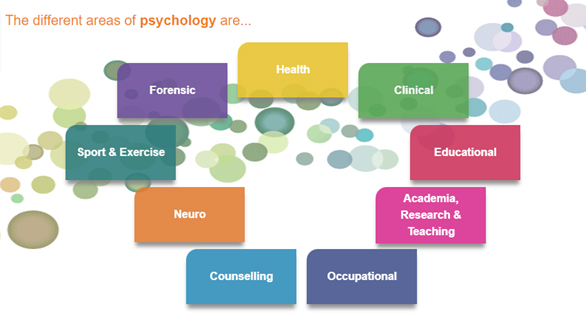
Sociology
Welcome to Sociology
Course Leader
Ms H Swann, harriet.swann@southfieldsacademy.com
Sociology is the study of society – how it works, why it works, and how it could change. Sociological research is carried out on the following topics and many more:
- Race, Nationality and Ethnicity
- Mass Media
- Youth Cultures
- Gender and Sexuality
- Class Conflict and Inequalities
- The Family
- Education
- Crime and Deviance
Sociology also teaches many transferrable skills. These include:
- The use of evidence to support your arguments
- How to investigate facts and use deduction
- Critical thinking
- Making reasoned arguments
- Developing opinions on new ideas and societal issues
What knowledge and skills will students develop at KS4?
Specification:
https://cdn.sanity.io/files/p28bar15/green/22005e5d630f41170aad50fb0592ceab156b2176.pdf
Exam board:
AQA
Course Content:
In Year 10, students will study the sociology of families and education. Alongside this, students will be introduced to relevant areas of social theory and methodology. In Year 11, students will study crime and deviance and social stratification. The assessment is two exams which are 1 hour 45 minutes.
What knowledge and skills will students develop at KS5?
Specification:
https://filestore.aqa.org.uk/resources/sociology/specifications/AQA-7191-7192-SP-2015.PDF
Exam board:
AQA
In the first year of study you will focus on:
- Education and methods in context
- Research methods
You will also study one of the following topics:
- Culture and identity
- Families and Households
- Health
- Work, poverty and welfare
In the second year, you will study:
- Crime and deviance with theory and methods
- Beliefs in society
At A-level, you are assessed by sitting three exams. Each accounts for one third of your A-level grade. The three exams each last 2 hours and are worth 80 marks each. The exams consist of a mixture of short answer and extended writing questions.
Enrichment and extra-curricular activities
There will be the opportunity for students to go on trips that relate to elements of the course. For example, as part of the unit on Mass Media they may go to the BBC studios or SKY.
How can you help your child?
There are so many useful resources to support students’ knowledge of sociology. If they are interested in a particular topic or area of sociology please encourage them to pursue it further by watching YouTube videos, listening to a podcast or researching studies. Below are a few links to help you get started.
- Tutor2u has lots of resources and guides (some free and some you need to buy): https://www.tutor2u.net/sociology
- Hectic teacher: https://hecticteachersociology.com/
- Follow the SAGE Sociology podcasts
- You can purchase study guides, make sure they are for the correct exam board
You can access past papers, mark schemes and examiners reports on the AQA exam board website for A-level: https://www.aqa.org.uk/subjects/sociology/as-and-a-level/sociology-7191-7192/assessment-resources
How can students extend their thinking and challenge themselves in this subject?
In all of our lessons across social sciences, we explain to students how they can continue to study the topics discussed in more detail at home. The slides posted on our Google Classroom often have further reading includes or we will post links to academic articles, webinars and films or TV programmes that are relevant. We are enthusiastic about developing all of our students into critical thinkers and so encourage them to research and develop their own opinions on all subject areas.
What are the career opportunities for students that study this subject?
Sociology is a great choice of subject for people who may want a career in:
- Social work
- Nursing
- Medicine
- Marketing
- Advertising
- PR
- Journalism
- Law
- Teaching
It is also a good foundation for pursing a degree in sociology, psychology, English, Business, Law, Anthropology, Politics and Teaching as well as many more.

